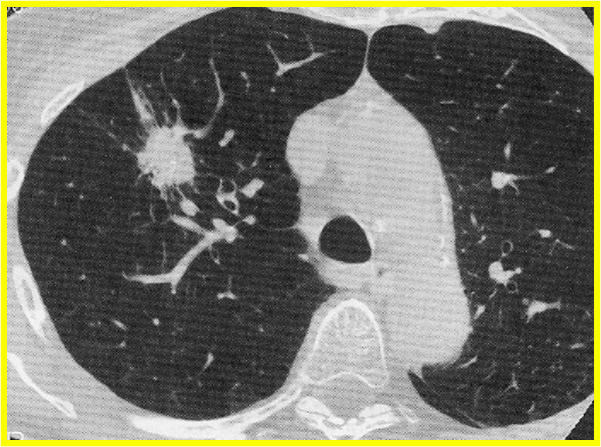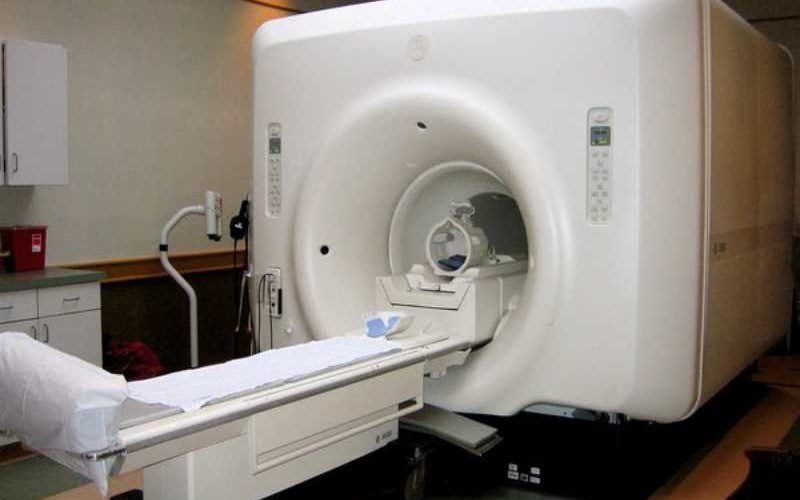

Expose your child to radiation if you are breastfeeding.Expose your unborn baby to radiation if you are pregnant.Because the amount of radiation you're exposed to in the tracer is small, the risk of negative effects from the radiation is low. PregnancyĬT scans are best avoided if you are pregnant, as there is a risk that the radiation could harm your unborn baby. If you are pregnant or think you may be, it is important that you let your doctor know.For your PET scan, a radioactive drug called a tracer will be injected into a vein. Read more about radiation risks on our cancer myths website. While CT scans produce more radiation than other types of imaging, the risks of this radiation must be balanced against the need for the CT scan.

Modern CT scanners use x-rays, a type of radiation that has been linked to increase risk of cancer. If you are aware you have an allergy to contrast material, tell your doctor prior to agreeing to do the scan. Tell your radiographer immediately if you feel unwell. This most often starts with weakness, sweating and difficulty breathing. Though rare, some people may have an allergic reaction to the contrast medium. There is a minor risk that the contrast medium can affect your kidneys. Blood test results may be checked prior to the scan to ensure your kidneys are working well. Some possible risks may include: Kidney issues Your doctor and radiographer should make sure the benefits of having the test outweigh the risks. It is important to try not to move during the scan, as it will impact the quality of the pictures and make them harder for the radiologist to interpret.Ī CT scan is a safe test for most people but like all medical tests it does carry some possible risks. The bed will then be raised up to a height level with the circular hole in the scanner, and the bed slides in and out of the hole several times while pictures are being taken. The general process involves you lying on a bed attached to the scanner (this may be head or feet first, depending on the part of the body being examined). The CT scan equipment is a large machine with a circular hole. If you have any concerns regarding fasting or the iodinated contrast injection, you should contact your own doctor or the hospital or radiology practice before your appointment. Many types of CT scans require an injection of an iodinated contrast material to show blood vessels and some organs. Some scans will also require you to fast before your appointment (fasting for two to four hours is common). The instructions will differ depending on the type of CT scan you are having. It is extremely important that you follow those instructions so that they can obtain an accurate result and reduce the risk of having to re-do the test. You should receive instructions from the hospital/private radiology practice where you are having the CT scan before your appointment.



 0 kommentar(er)
0 kommentar(er)
